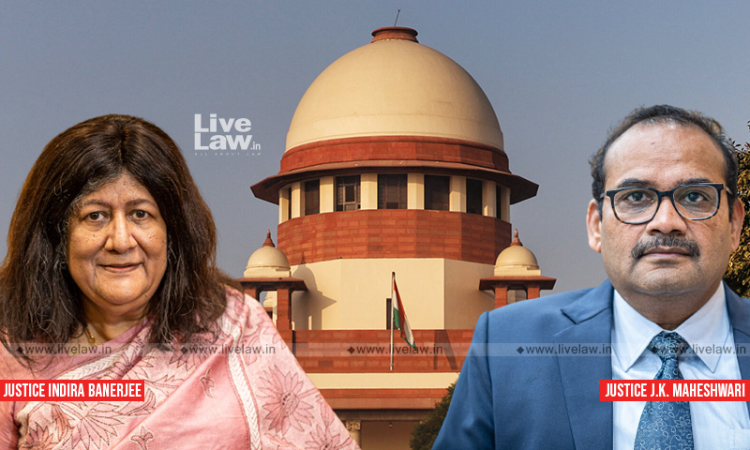Order XII Rule 6 CPC - Power To Pass Judgment On Admissions Discretionary Cannot Be Claimed As A Matter Of Right: Supreme Court
Ashok KM
7 July 2022 10:49 AM IST

Next Story
7 July 2022 10:49 AM IST
The Supreme Court observed that the power to pass judgment on admissions under Order XII Rule 6 of Code of Civil Procedure is discretionary and cannot be claimed as a matter of right.The said power is discretionary which should be only exercised when specific, clear and categorical admission of facts and documents are on record, otherwise the Court can refuse to invoke the power...
